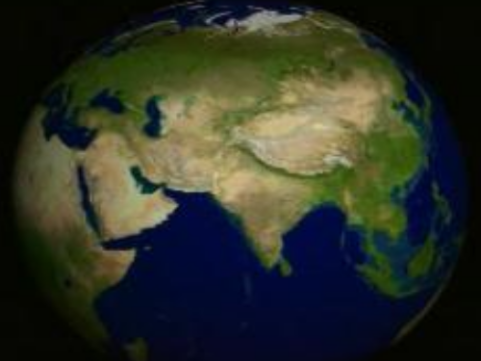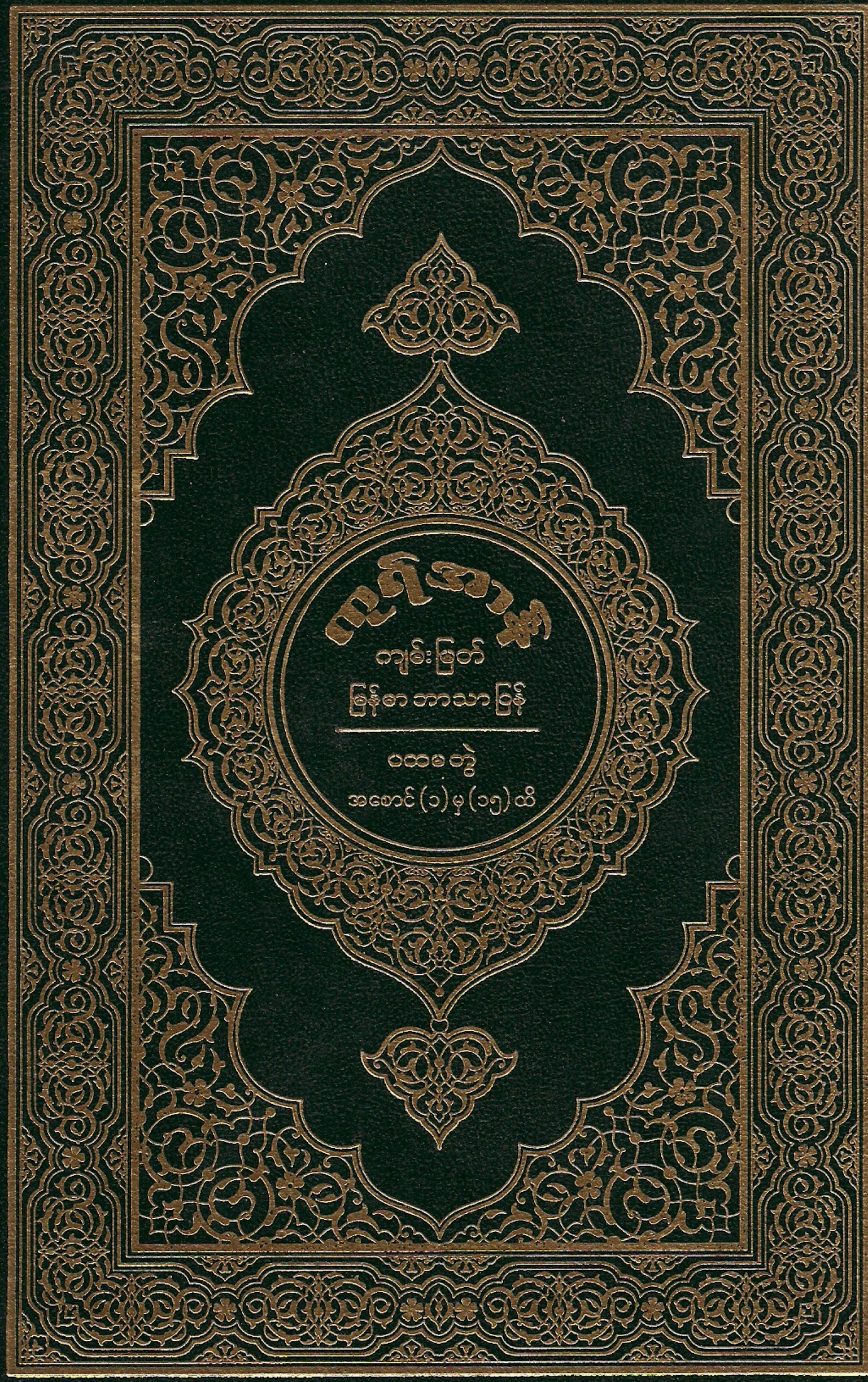An Introduction to Islam:
Fundamental beliefs and practices
by Dr. M. Qadeer Shah Baig, r.a.
For a believer the declaration of faith in Allah, is not enough_
-
unless a conscious effort is made
-
to take care of the relatives,
-
orphans,
-
the needy,
-
travellers
-
as well as for the welfare of those who ask for help.
It also emphasises the need to liberate the people
-
who have been denied freedom
-
and liberty
-
in their own homelands
-
(or abroad).
The Qur’an places its emphasis on the_
-
“liberation of the oppressed
-
and meeting the needs of the economically less-developed people”
-
as part of devotion, worship and iman (faith).
The Qur’anic emphasis on social welfare as a basic value, in a sane and peaceful human society, also refers to the revolutionary approach the Qur’an takes toward human problems.
-
This concern of the Qur’an for human issues makes it universal, relevant and applicable in all situations.
-
It also educates a Muslim to relate his taqwa (piety) with social realities.
-
It gives a new meaning to piety and virtue as social values.
-
These values persuade a person to share the blessings and bounties of Allah with others as a matter of obligation.
-
It also becomes a condition for success in life in this world and in life-hereafter.
-
Taqwa consequently becomes not an attitude of love of Allah but love of fellow human beings who should be treated as part of an extended human family.
-
While the ayah begins with reference to spending substantially for one’s kin,
-
it immediately refers to orphans, the needy, travellers and others who may fall in the category of strangers.
It is rather unfortunate that many Muslims do not look on the implications of many Qur’anic teachings in the context of human society. An objective analysis of the Qur’anic teachings informs us about the social and human dimensions of the Qur’anic message.
A book, which does not want any human being to be enslaved politically, economically, culturally and educationally, carries universal relevance for human beings. The ethic-centric approach of the Qur’an makes its teachings valuable and relevant for all who are concerned with the future of humanity. It offers the most reliable way of building a sustainable and peaceful world order. Courtesy the Pakistan Observer 7.5.97 Part 2351.
The Qur’an (9:60) has prescribed the principles regulating the budget of State expenditure in Islam, in the following terms:
“Verily the sadaqat (i.e., taxes on Muslims) are only for the needy, and the poor, and those who work for these (taxes), and those whose hearts are to be reconciled, and to free the necks (i.e., slaves and prisoners of war), and the heavily charged, and in the path of God, and for the wayfarer-a duty imposed by God; God is Knower,Wise.”357.
The category of those who are heavily charged, has, according to the practice of classical times, a whole series of applications: one helped those who had suffered from calamities such as floods, earth quakes, etc.
It does not refer to the poor, who have already been mentioned in the beginning of the verse, but to the well-to-do who have suffered from abnormal conditions, beyond their power. Caliph ‘Umar started a special section in the Public Treasury, in order to lend money free of interest, to those who had temporary needs and provided the necessary guarantees for repayment.
The caliph himself had recourse to it for his private needs. It goes without saying that the “nationalization” of lending without interest was the necessary concomitant of the prohibitation of interest in Islam.
The same caliph used to lend public money even to merchants for fixed periods, and the Treasury participated with them in a percentage of their business returns, participated not only in gains, but also in the event of losses.
Another application of this State expenditure was for a kind of social insurance.358. The expression “in the path of God”, in the Islamic terminology, signifies in the first instance military defence and the expenditure for the personnel, equipment, etc. But the term applies in fact to all sorts of charitable works, such as helping students, grants and aids in religious causes such as the construction of mosques, etc. edited by Syed Mumtaz Ali
This article has two parts.
Part 1 is an article by Prof. Dr. Anis Ahmad.
Part 2 consists of excerpts from
“Introduction to Islam”
by Dr. M. Hamidullah
by Mohammad Asghar Qureshi Reprinted from Hamdard Islamicus, Vol. XX, No. 3, July-September 1997
Islam avoids extremes so as to maintain balance and orderliness in society. Monopoly and cut-throat competition are therefore disapproved. Justice to all is Islam’s essence as it enables man to lead a good and happy life and at the same time strengthens bonds of human brotherhood and fortifies the social fabric.Justice in Islam is termed ‘adl which means to divide two things equally or to keep the balance. This term is used in the Holy Qur’an for justice in all matters. Islam teaches the believers to be fair in their dealings. Justice and righteousness are the cornerstone of the Islamic way of life. The Holy Prophet p.b.u.h. was known for this justice even before he declared his prophethood. Throughout his life he exhorted his followers to be truthful and just and he himself set a perfect example of justice even to the followers of other religions and his enemies.
Responsibility
In Islam, the Muslims are obliged to look after one another and to be responsible for the welfare of all. The concept of social justice lays down certain conditions to treat man as an individual with liberty and equality as his birthright.
Balance in Society
Justice to all is Islam’s essence and this enables man to lead a good and happy life while at the same time strengthening the bonds of human brotherhood as well as the social fabric. There are many places where conditions are monstrous and oppressive for the poor. There is rampant corruption, poverty and want around us. There are few who have acquired substantial wealth and thus enjoy the numerous amenities and luxuries of life whereas the majority do not even receive two square meals a day. Social order in an Islamic state lays stress on simple and austere efforts that are free from ostentation. The Holy Prophet Muhammad p.b.u.h. just bridged the gap between the rich and poor, the high and the low. He advocated a society in which there would not be any exploitation of one sector over another. What Islam aims at is a balanced life which represents the equilibrium of social forces.
(From gist of Islam. Canadian Muslim Society)
Translation of Sahih Bukhari
Translator: M. Muhsin Khan.
Filed under: Analysis, Blogging, Islam, Law | Tagged: Fundamental beliefs, Islam, practices |












+(Small).jpg)


Leave a comment